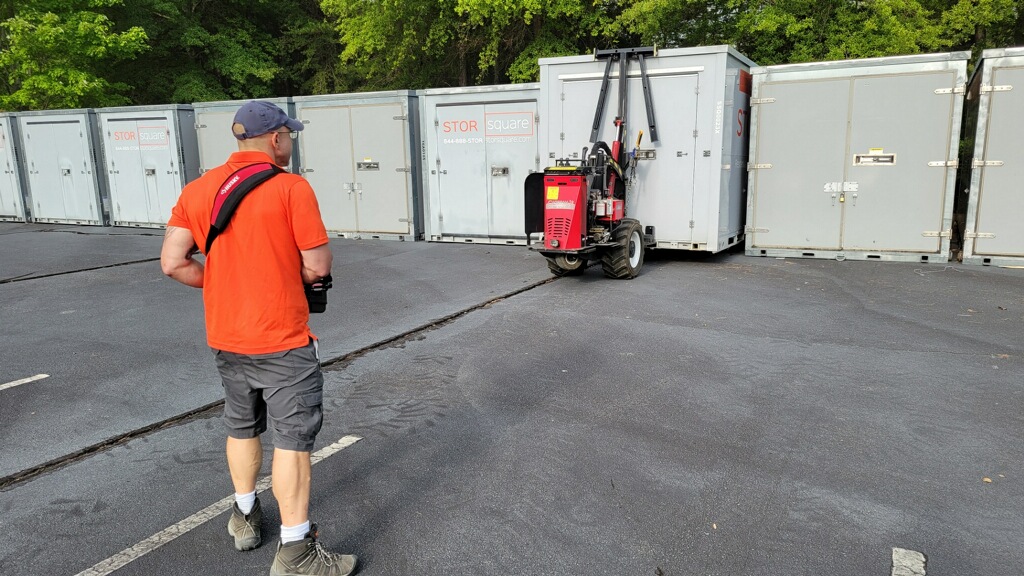As sustainability becomes a top priority for businesses in 2025, sustainability trends for retailers are driving eco-friendly strategies in response to growing consumer demand for greener solutions. Increased awareness of environmental issues has led customers to hold companies accountable for their ecological impact. Adopting sustainability boosts brand loyalty and meets evolving consumer expectations for retailers.
The Rise of Conscious Consumerism
Environmental factors are becoming increasingly important to customers in 2025. In fact, recent research shows that eco-conscious consumers are willing to pay more for products that are recyclable, sustainably sourced, or have a low environmental impact. As a result, retailers are starting to notice this shift and are making efforts to satisfy these demands. Consequently, they are offering goods that highlight their environmentally beneficial qualities.
Adopting Sustainable Supply Chains
Restructuring their supply chains is one of the main ways retailers are putting sustainability first. In 2025, businesses and suppliers collaborate to ethically source materials, reducing waste and carbon emissions throughout production. At every level of production and delivery, retailers are working to reduce their environmental effect, from promoting locally sourced goods to utilizing sustainable packaging.
Retailers are investing in energy-efficient technology, like LED lighting and solar-powered storefronts, to reduce energy usage. Mobile storage solutions are sometimes used to simplify inventory management, enabling merchants to store products more effectively and cut down on waste.

Sustainable Packaging and Waste Reduction
Retailers have always faced a serious environmental problem with packaging waste. By 2025, many companies will have switched from single-use plastics to recyclable or biodegradable alternatives. Retailers, for instance, are moving toward reusable or paper-based packaging since it is more environmentally responsible and consumer-friendly.
Startups often struggle to balance sustainability and cost when adopting environmentally friendly packaging. However, without taking up valuable store space, flexible storage options like mobile storage containers offer an effective approach to handle inventory and packing materials. This adaptability lowers the carbon impact of shops while assisting them in remaining competitive.
Local Community Engagement
Beyond their stores, retailers are concentrating on sustainability and getting more active in their communities. Many companies are hosting or participating in local events, like recycling campaigns and clean-up days, to raise environmental awareness. These programs improve the relationship between businesses and their clients while also advancing sustainability.
Looking Ahead: A Green Future for Retailers
Retailers will need to adjust to new eco-friendly procedures as sustainability continues to gain popularity in order to remain competitive. By 2025, providing sustainable goods and services will be a fundamental corporate strategy rather than an elective. Retailers are putting themselves in a position to satisfy the demands of an environmentally conscious customer base by implementing eco-friendly packaging, energy-efficient processes, and supply chain transparency.
Retailers can support a greener future and align with the values of their customers by implementing these practices and optimizing operations with adaptable solutions like mobile storage containers.

